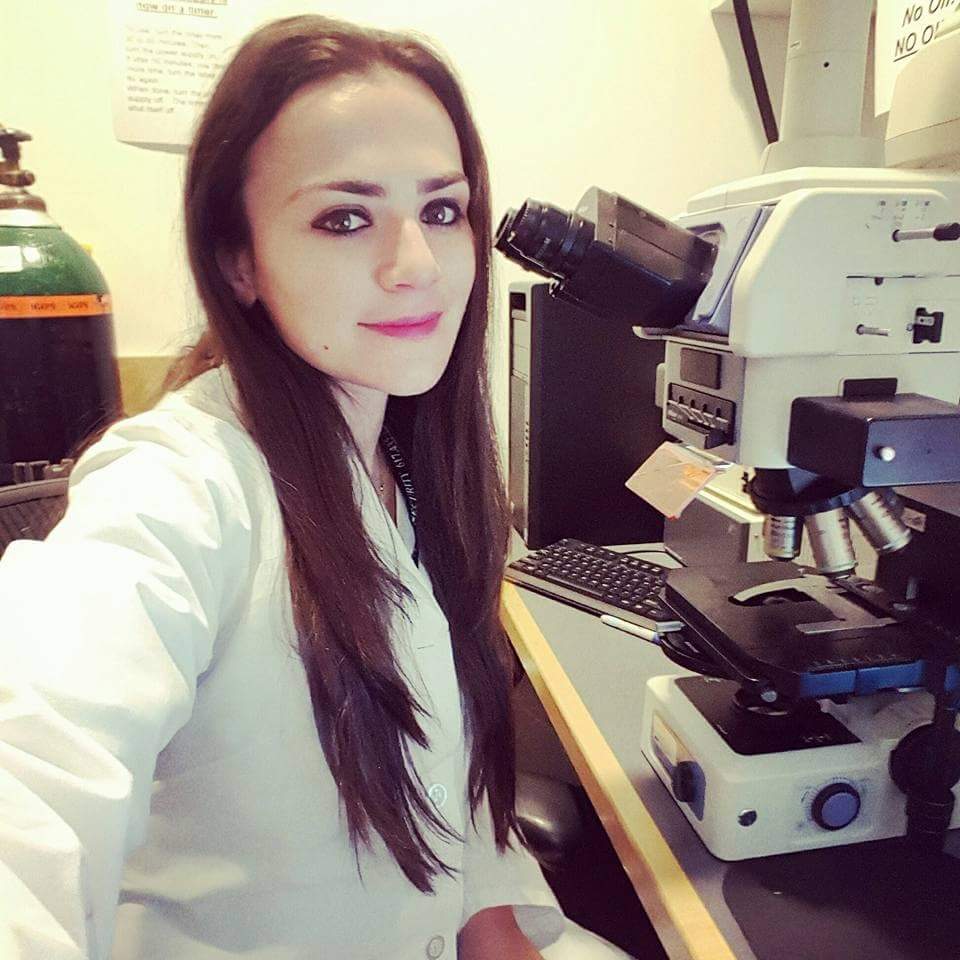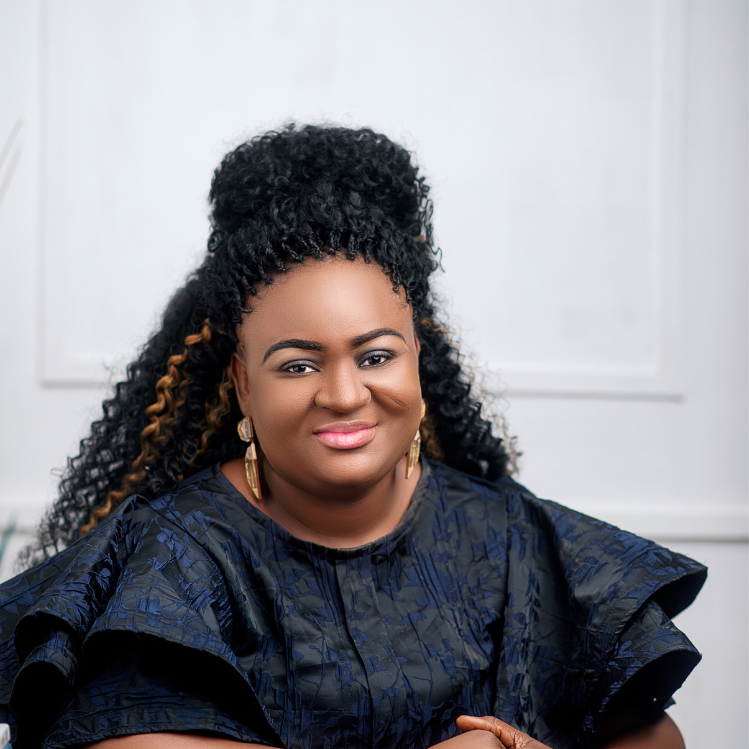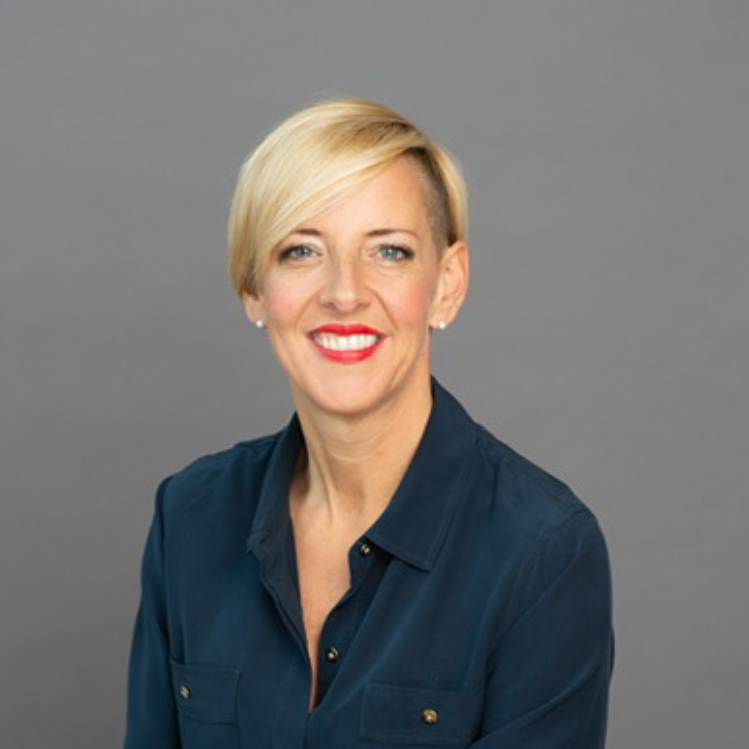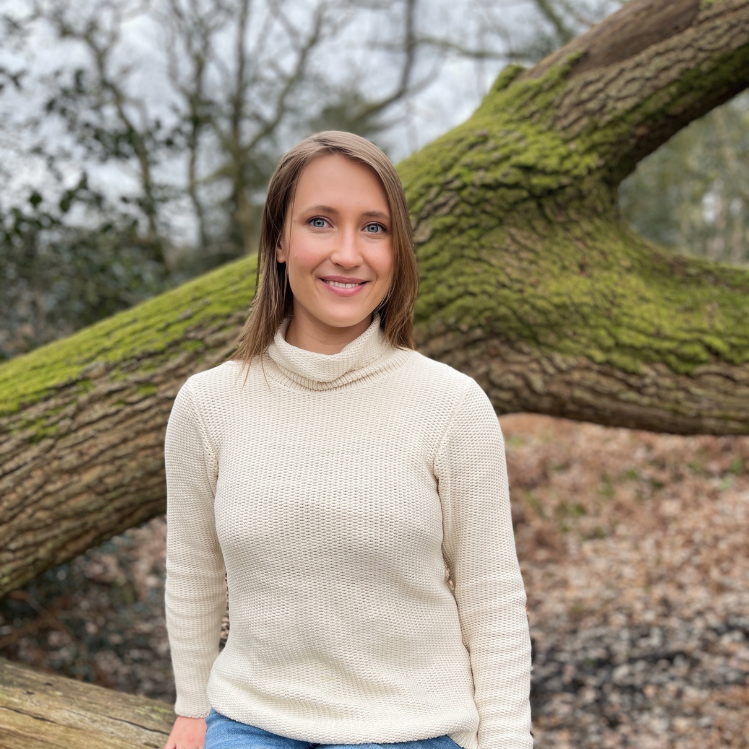
Argita & Detina Zalli: “Our journey as migrants to Harvard, Oxford, Cambridge and Imperial.”
How would you describe your childhood environment?
Detina: My early childhood was very happy. I lived in Patos, a small town and a municipality in the County of Fier, Albania. Despite the fact that my family did not have a lot of money, I was very happy in my own childhood world where I did not understand much of adult life. My first memories were of pretending to be a doctor and curing people or playing with my dolls. Children had chosen to be their leader because I was good at martial arts and would always stand up before injustice. This had given me a sense of responsibility and care for other children in the neighbourhood.
However, the “happy childhood” did not last for long. My life was turned upside down during the years 1997 and 1998, when Albania was going through a civil war as a result of a financial crisis that was significantly worse than the global financial catastrophe that would occur a decade later. Every man aged 10 years old and above had a gun. People’s life was in danger. I feared every day that my father or someone from my family would get shot. At this point, I had transitioned into the role of the “adult child”, struggling to find answers in a world full with problems. I became the “parent of my parents” asking them a precise time when they would return home from work. At times when my father was late, I would sneak out of the house in the middle of the night among the bullets and grenades to find him. I was fearless, yet terrified. I carry this experience in my bones and it is what has made me who I am.
Argita: When I look back at my childhood environment, I feel the roots of love. It is that paradise you see through the magic eyes of childhood. Love is my safety net, my emotional shield. That bullet proof vest that makes me feel nothing bad is ever going to happen to me. I feel loved, and confident. I am hopeful, and I am the best version of me. We live in one bedroom flat, with my twin sister and my mum and dad. I don’t have toys, apart from 1 doll which left eye needs to be fixed and which Mum and Dad take out of the living room cupboard only on rare days such as when it snows outside, so that we don’t go out and catch the cold. I am a star student, even though I don’t have a princess bag, or Micky mouse stationary. I have it all. I have a social life and every day after school i play all kinds of sports (basketball, volleyball, and football) with my friends even though we don’t have any scoops or nets. I am surrounded by such a pure love, and honest beauty. In the summer, I go to visit my grandmother and grandfather with mum daily and play with my cousins. I enjoy picking delicious figs, grapes, plums, apples, peaches from grandmother’s trees. I feel blessed and omnipotent. But that’s not always true. Sometimes, things get messy. The sad news is hard to ignore, especially when you see people killing each other live on TV. I began to fully understand the implications of such events in my life. I don’t see my neighbours sitting outside on the stairs of the corridor enjoying a cup of coffee or eating sunflower seeds. I can see hear the fearless thunder of bullets outside. I don’t go to school anymore. Neither do I go outside to play with my friends. Yet, Life goes on. I see women hang and dry clothes on the balcony. I am thinking, how crazy they must be. What if they get shot? That’s the bitter memory of Albania which made us leave.
When did you realise that academia and medicine were the right domains for you to pursue? Has your background and early life shaped those aspirations, perhaps?
Detina: I always knew I wanted to enter the medical field. I can still remember playing at being a doctor when I was very young. I used to dress up as a doctor and pretend to treat my sister, other members of my family, and friends whom I would ask to pretend and be “patients”.
Argita: Science has always fascinated me since at a very young age. I have always been curious to seek the simplest explanations of complex facts. Effectively communicating and sharing that information with diverse groups of professionals and students around the world, is the best feeling ever. My passion for teaching and learning in higher education (in this digital age) led me to take on the role of a learning design lead, in one of the best universities for Medicine in the UK, Imperial College London. This is where I lead on the design development, and delivery of digital learning projects for the Faculty of Medicine. I feel privileged and honoured to work closely with world class academic colleagues to create excellent, pedagogically sound learning experiences to enhance student learning.
What would you describe as your greatest achievement in professional and academic life? How has your bicultural development helped you succeed?
Detina: My greatest achievement was being able to influence the lives of more than 20,000 students coming from socio-economic backgrounds and low ethnic minorities in the USA, UK, Asia, and Eastern Europe. Through my non-profit organisation, We Speak Science, and The Zalli Foundation, I was blessed to work with some of the world leaders in the scientific field from prestigious universities and industries such as Harvard University, the University of Oxford, and the University of Cambridge, NASA and have inspired, empowered, and helped students thrive. I believe there is no greater achievement than lifting others through education, compassion, and kindness. My biggest accomplishment is making a difference in other people’s lives. We raise by lifting others.
Argita: I am very thankful to the UK because it has blessed me with many opportunities, from publishing high impact papers, to working with Nobel price winner and world class academics in top world institutions. However, I believe that achievement is not about doing anything. Instead, it’s about being someone. Therefore, I would say that the greatest achievement is being raised by extraordinary parents. Parents who sacrificed their whole life for me and my sister. Parents who through their life choices taught us the importance of love, respect, humility, kindness, hard work, determination, belief, and success.
Our life experiences taught us how important it is to give to the community and inspire students (like us) coming from ethnic and racial minorities and socioeconomic status from all over the world to pursue STEM careers and fulfil their full potential in life. Moreover I am a co-founder of the charity “ Aferdita Ime” whose mission is to assist cancer patients through psychosocial support and counselling.in collaboration with otherworld-renowned oncologists and scientists. This to me is a big achievement.

Based on your experience, what are the main challenges of a young academic as they aim to leap into a career of their choice?
Detina: I believe that one of the most significant issues that young academics encounter is the financial situation of students. Students frequently find themselves selecting a career path despite a difficult financial situation. When enrolling in or registering for any form of institution, all students will be required to pay different fees. And it will accumulate over the student’s four years or more of education. Many students’ families can’t help with their education, despite their desire to do so. Not all students are aware of scholarships and programmes to help keep education costs down, and others aren’t qualified. These problems may lead to other difficulties we face in the 21st century such as students might feel helpless, having low self-esteem, and might struggle with mental health.
Another critical aspect is the lack of guidance. Students should use their time in college to refine their ideas and receive the knowledge and guidance they will need to make important decisions in their future careers. Regrettably, not every student will be able to get access to sufficient levels of counselling and career coaching. As a consequence of this, young academics can have a hard time choosing a career that will set them up for future success. They can make misinformed decisions because they are on their own.
Students will frequently apply to a programme on the premise that they know and trust someone else who is pursuing that path. This is something that I see quite frequently. Students sometimes make misinformed decisions because of a combination of circumstances, including a lack of self-esteem, fear of failing, and uncertainty. Hence, I think it is imperative that colleges and universities incorporate career counselling into the curriculum of their academic programmes. In this context, students would have the opportunity to gain knowledge from industry professionals who had previously walked in students’ shoes.
Argita: Academic world is a prestigious world, in that you have the opportunity to create new knowledge and share it with the world. However, there are some challenges too. I would say that the biggest challenge is obtaining funding for research, which can be quite difficult. But it is not impossible. Moreover, academic world is a very competitive world, so you need to work very hard to achieve what you want. Unfortunately, sometimes this means that you have to take work home and reply to emails on Sunday morning. Although, this is not recommended and over the past years, academic have managed their work-life balance much better. Importantly, when you sign up for an academic career you sign up for a lifelong learning career, which means you have to keep up to date with the literature and with the research in your field all the time. This can be challenging considering limitations, especially if you are a working parent and have family commitments.
Are there any role models that you look up to?
Detina: Barack Obama, the 44th President of the United States, has been a significant influence on my life and has been a motivational figure for me throughout my career. In him, I see an extraordinary leader, with extraordinary abilities doing extraordinary things. His speech “We Are The Change We Seek” has been a major influence in the education work I continue to do with We Speak Science and The Zalli Foundation. Through him, I have learned and try to do ordinary things we extraordinarily love. He has shaped my life and career.
Argita: Every successful person I meet teaches me something and becomes a role model on its own way. However, my biggest role models are my mother and father. They have taught me not to be afraid to be different; they taught me to see an opportunity in every difficulty and use that opportunity to make a positive change in the society.

In your opinion, and based on your experience, how important is it that migratory events are treated with care: both socially and politically?
Detina: I think this is critical for the well-being of people and society. One must recognise that migration has been a significant factor in the richness and diversity of civilizations, ethnicities, and racial groups in industrialised countries. It is through inclusion and diversity that we can thrive.
In order to provide appropriate care for immigrant and refugee populations, we should educate society about the unique stresses and cultural obstacles that are experienced by these communities which can impact an individual’s mental health and self-confidence. Refugees and immigrants may find it difficult to adjust to new cultures, might feel lost, and may not speak English.
Argita: I would say it is imperative. We live in a digital age where information is easily accessible and migratory events continuously make headlines in social media. If not treated with care, these migratory events can have a profound negative impact on refugee children and adults affecting their mental health. (I know it from my personal experience having experienced bullying behaviour at school for being a refugee).
It is therefore extremely important to educate the future generation that migration makes a positive contribution to the UK economy and that we should value the culture richness and access to culture because its value and contribution to the global society are inestimable.
Importantly, leaders and politicians should extend a warm welcome to immigrants and not view them as a “burden,” but rather as a blessing that has the potential to make a difference in their respective nations. Immigrants are, in my experience, full of exceptional people who are accomplishing extraordinary things. As I often say as a scientist “No matter where you are from, we speak the same language, the language of DNA”.
Where do you see yourself in the next 10 years?
Detina: I see myself continuing to do ordinary things with extraordinary love; inspiring other people to thrive through education, compassion, and kindness. This is something I hope to keep doing as a scientist and lecturer in the higher education sector in the UK, but also through charity work that I do with, We Speak Science, Aferdita Ime, and The Zalli Foundation.
Argita: I hope to continue to learn and grow and achieve much more than what I can foresee through hard work, teamwork, and effective collaboration. I hope to drive a positive global change for people through learning and education, so that they can be equipped with the most powerful weapon “education”, which they can use to change the world.





